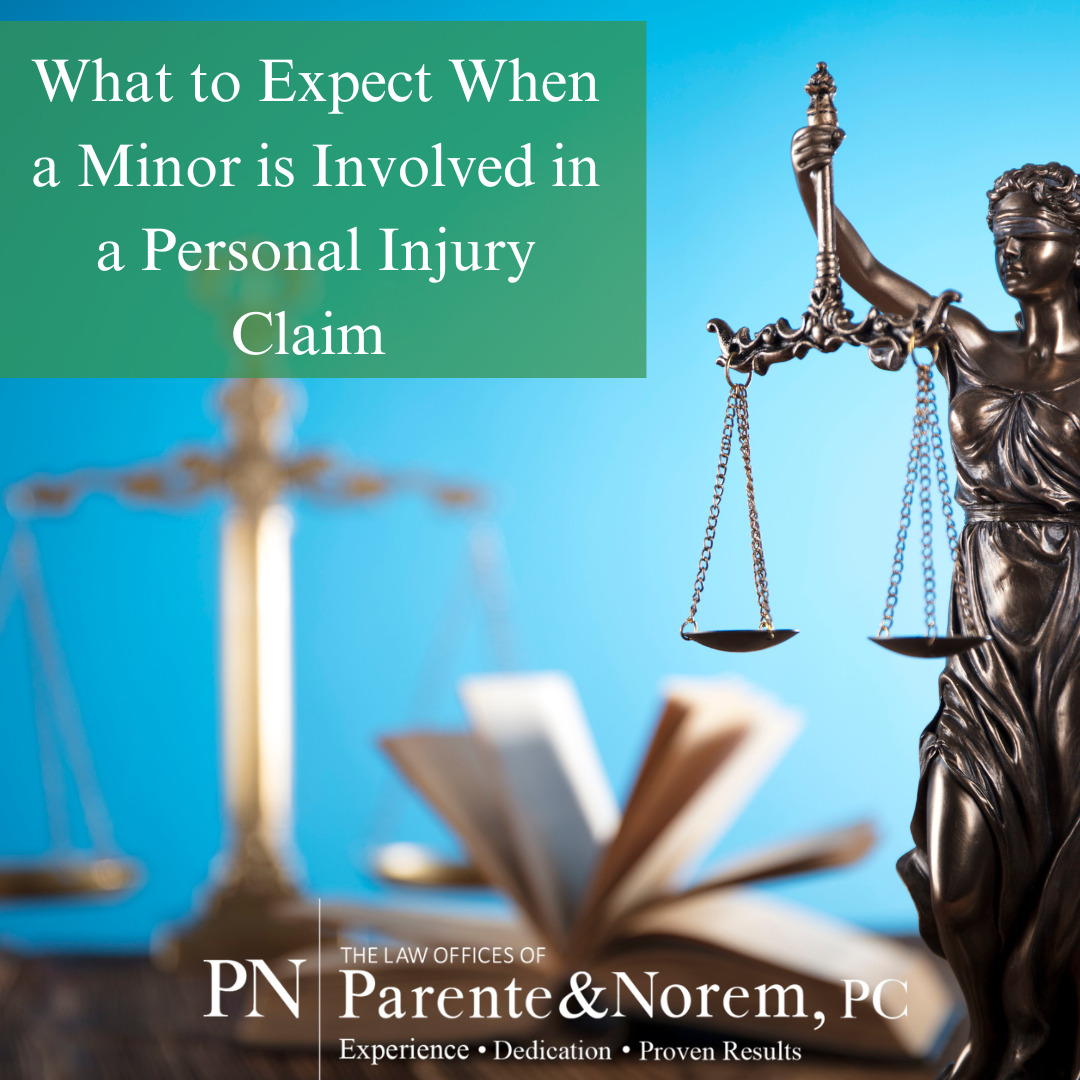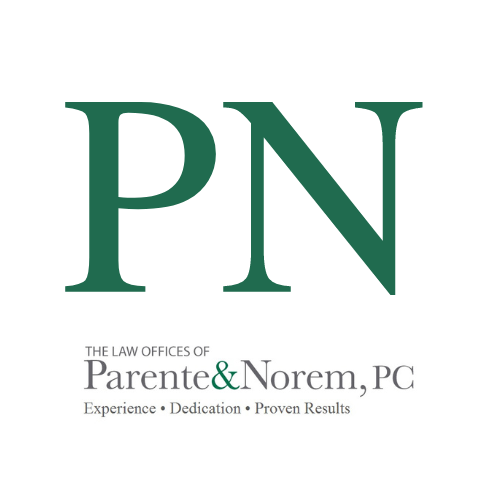
P&N BLOG | What to Expect When a Minor is Involved in a Personal Injury Claim
When a child is injured due to someone else’s negligence, the legal process becomes more complex than a typical personal injury claim. Special rules and protections are in place to ensure that the child’s best interests are considered. Whether the injury involves a car accident, premises liability, or medical malpractice, understanding the legal steps can help families navigate the process with greater confidence. On today’s blog, let’s outline what parents and guardians need to know when filing a personal injury claim involving a minor.
Who Can File the Claim?
Since minors (children under 18) are legally unable to represent themselves in court, a parent or legal guardian must file the personal injury claim on their behalf. In some cases, a guardian ad litem may be appointed to represent the child’s best interests, especially if there is a conflict of interest with the parents, such as a case where a parent may also be liable.
Parents and guardians act as the child’s advocate throughout the legal process. However, any compensation awarded in the case belongs to the child and is intended to cover the costs of the injury, such as medical bills, pain and suffering, and future losses.
Statute of Limitations
The statute of limitations—the time period after the accident when a claim must be filed—often works differently for minors. In many states, the clock does not start until the child turns 18. However, this rule varies depending on the nature of the injury, the type of defendant involved, and the laws of your state. Consulting a personal injury attorney early in the process ensures that important deadlines aren’t missed.
How Compensation is Handled
Any settlement or compensation awarded in a personal injury claim for a minor is carefully monitored by the court to protect the child’s financial interests. In many cases, the court will require the funds to be placed in a trust, structured settlement, or blocked bank account until the child turns 18.
This process ensures that the money is used as intended—to support the child’s needs, such as medical care or education—and is not mismanaged by the parents or others.
What to Expect from Court Involvement
When a minor is involved in a personal injury claim, courts often play a more active role. For settlements, a judge may need to approve the agreement to confirm that it is fair and in the child’s best interest. This step is known as a minor settlement hearing. At this hearing, the judge will review the terms of the settlement, the nature of the injury, and any future care the child may need before giving approval.
Types of Damages Available
In personal injury cases involving minors, damages may include:
Medical Expenses: Current and future medical costs related to the injury.
Pain and Suffering: Compensation for the physical pain and emotional distress the child has endured.
Loss of Future Earnings: If the injury affects the child’s ability to earn a living in the future.
Parental Loss of Income: Some claims may include compensation for a parent’s lost wages if they had to miss work to care for the injured child.
Settling vs. Going to Trial
In most personal injury claims involving minors, settlements are preferred. A settlement provides certainty and avoids the risks and emotional toll of a trial. However, the decision to settle or proceed to trial depends on several factors, including the strength of the case, the amount offered, and whether future needs are adequately covered by the settlement amount.
If a settlement is reached, the court’s approval ensures that the agreement is fair to the child. A personal injury attorney will negotiate on behalf of the family, working to secure the best possible outcome for the child’s present and future needs.
Working with a Personal Injury Attorney
Given the complexities of cases involving minors, working with an experienced personal injury attorney is essential. An attorney can guide parents through the legal process, ensuring the child’s rights are protected, and negotiate with insurance companies to secure fair compensation. Attorneys are also familiar with local rules regarding minor settlements and can streamline court procedures.
When a minor is involved in a personal injury claim, the legal process requires additional care to ensure that the child’s long-term well-being is protected. From filing the claim to handling compensation and navigating court involvement, every step must be carefully managed. Consulting a knowledgeable personal injury attorney early on will help families avoid pitfalls and secure the best outcome for the child’s future.
If your child has been injured due to someone else’s negligence, call/text The Law Offices of Parente & Norem, P.C. at 312.641.5926 for a free consultation with one of our experienced personal injury attorneys. We are here to help you every step of the way and ensure that your child receives the care and compensation they deserve.
Latest Posts
P&N BLOG | What Compensation Can You Seek in a Personal Injury Claim?
If you’ve been injured due to someone else’s negligence or wrongful actions, understanding your rights and the compensation available is essential....
P&N BLOG | 8 Common Myths About Personal Injury Law Answered
When you're injured due to someone else’s negligence, navigating the legal process can feel overwhelming. Unfortunately, many people shy away from...
P&N BLOG | The Critical Role of Personal Injury Lawyers
Accidents can occur unexpectedly, leaving victims with physical injuries, emotional distress, and financial burdens. Victims have the right to...
